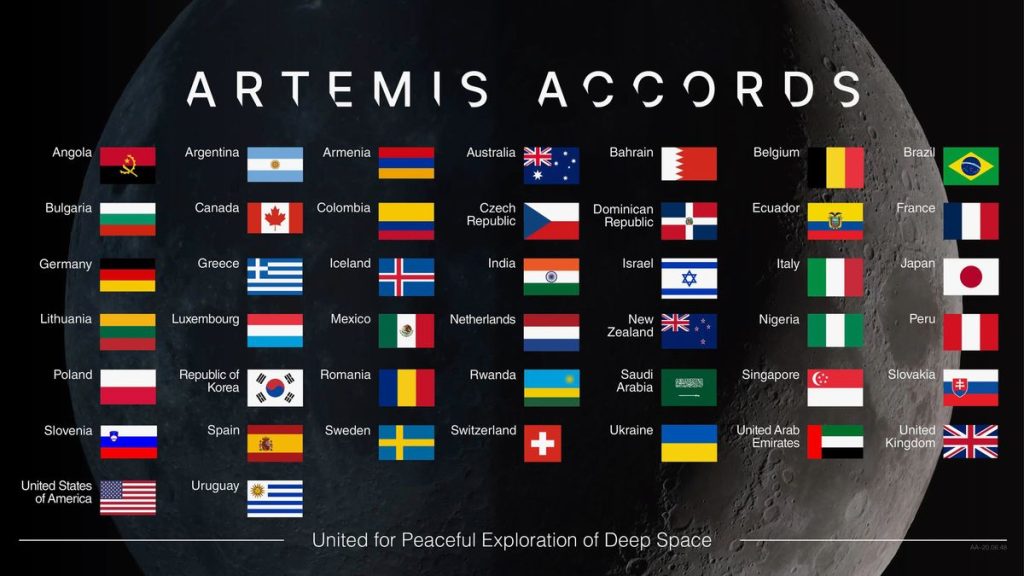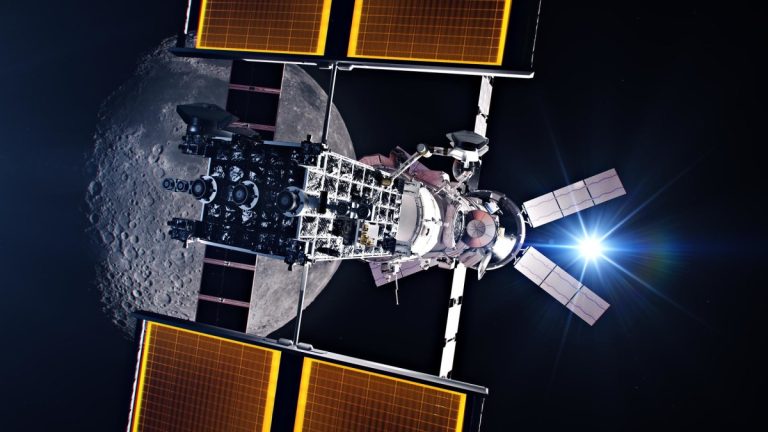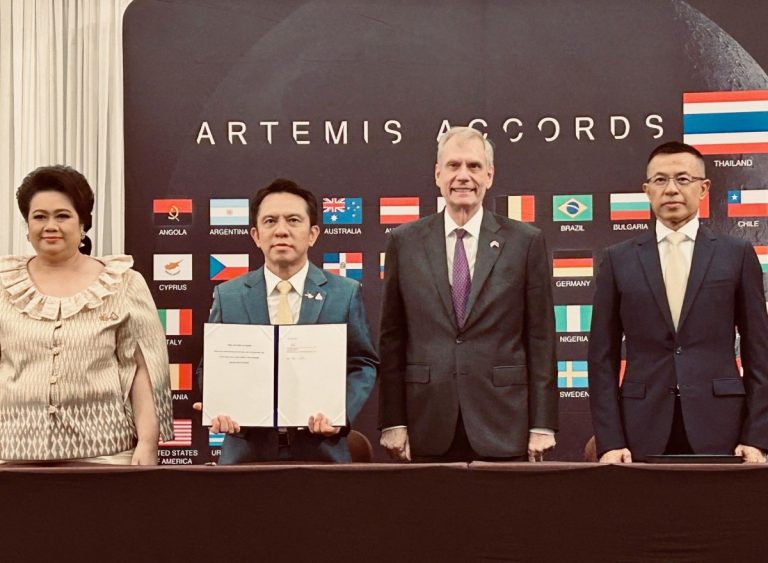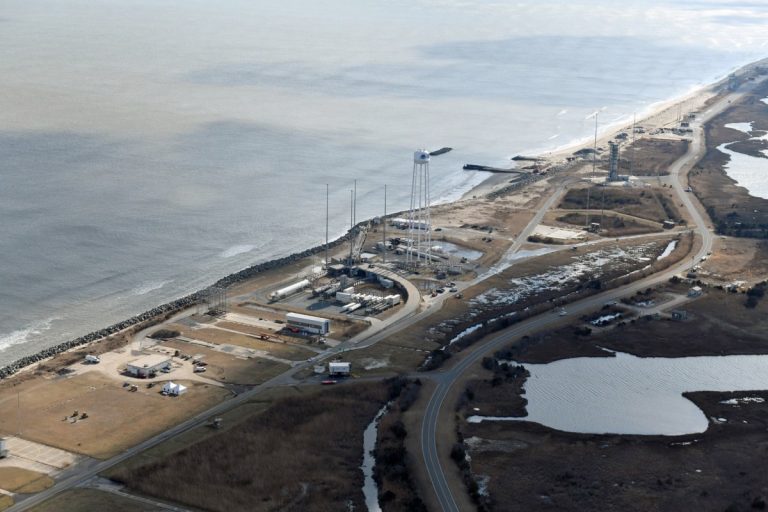
Dominican Republic signs Artemis Accords for peaceful moon exploration (Image Credit: Space.com)
There are now 44 countries signed up to the United States’ lunar exploration coalition.
The Dominican Republic became the latest club member on Oct. 4, when Sonia Guzmán, ambassador of the Dominican Republic to the United States, signed the Artemis Accords on behalf of the country.
“NASA is proud to welcome the Dominican Republic signing of the Artemis Accords as we expand the peaceful exploration of space to all nations,” said NASA Administrator Bill Nelson in a statement.
“This marks a historic step in our commitment to international collaboration in space exploration,” said Guzmán. “This is not just a scientific or technological milestone — it represents a future where the Dominican Republic contributes to the shared goals of peace, sustainability, and innovation beyond our planet.”
Related: Artemis Accords: What are they & which countries are involved?
The Artemis Accords seek to establish widespread principles to guide space exploration, including a framework for sustainable and responsible exploration of the moon. The United States and seven other nations were the first to sign the Artemis Accords back in 2020. So far, 11 nations have signed up in 2024 alone, most recently Armenia, Slovakia, Peru and Lithuania.
NASA aims to return astronauts to the moon later this decade and establish a sustained presence on Earth’s nearest neighbor. The initiative is known as the Artemis program.
Representatives for Artemis Accords signatory nations will meet next week, on Monday (Oct. 14), during the International Astronautical Congress in Milan, to further discuss the principles and implementation of the Accords.
China also has serious moon ambitions. Beijing plans to set up a crewed outpost called the International Lunar Research Station in the 2030s, with precursor robotic missions in 2026 and 2028. The country also plans to land its first astronauts on the moon before the end of the decade.
Like the U.S., China is seeking international partners to aid in this effort. Russia is the chief partner, while others include Azerbaijan, Belarus, Pakistan, Venezuela, Thailand and Serbia.








